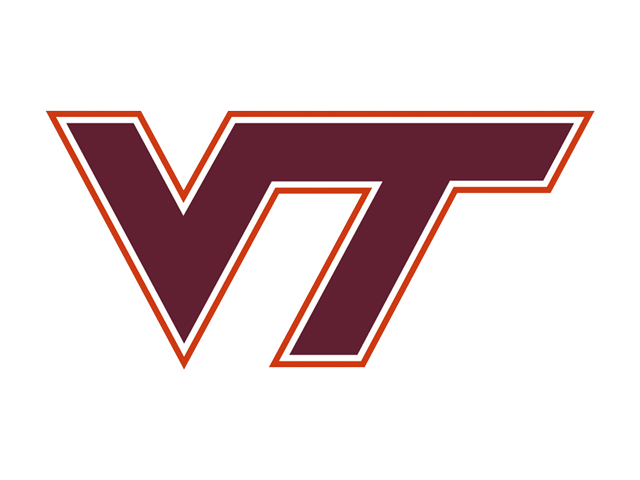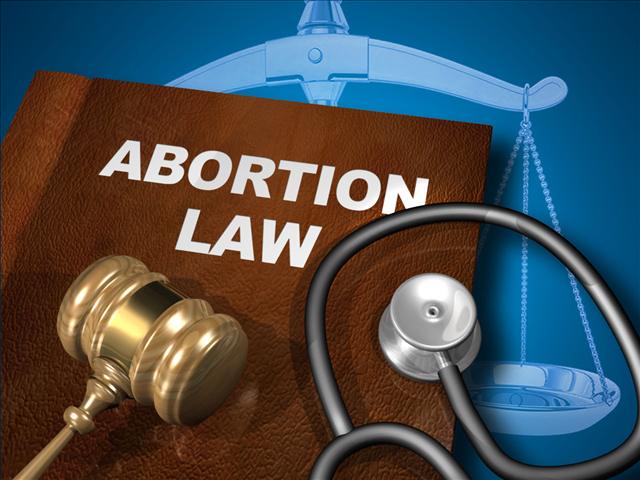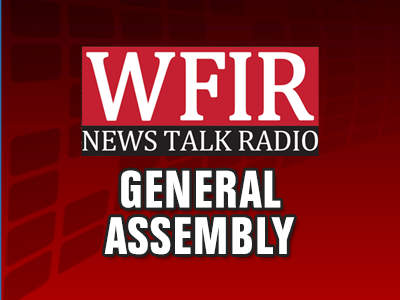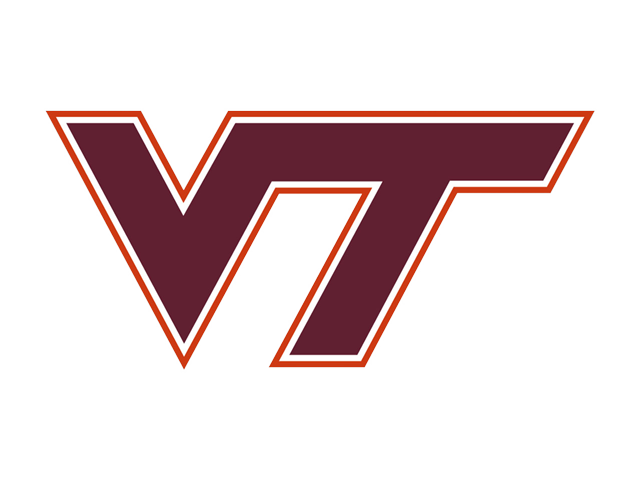From Norfolk Southern Corporation — ATLANTA, March 6, 2023 /PRNewswire/ — Norfolk Southern Corporation (NYSE: NSC) announced Monday...
AP
GREENSBORO, N.C. (AP) — Kenny Brooks walked over to an end-zone section of Virginia Tech fans and...
BRISTOL, Va. (AP) — The pastors smiled as they held the doors open, grabbing the hands of...
NEW YORK (AP) — Amazon is pausing construction of its second headquarters in Virginia following the biggest...
RICHMOND, Va. (AP) — The politically divided Virginia General Assembly worked through dozens of pieces of legislation,...
WASHINGTON (AP) — The Federal Reserve’s preferred inflation gauge rose last month at its fastest pace since...
RICHMOND, Va. (AP) _Democrat Jennifer McClellan has defeated her Republican opponent to win a seat in the...
SOUTH BEND, Ind. (AP) — Grant Basile scored 33 points, including 16 in a near six-minute stretch...
CHARLOTTESVILLE, Va. (AP) — Virginia coach Tony Bennett said he didn’t know what happened on the final...
WILLIAMSBURG, Va. (AP) — A building believed to be the oldest surviving schoolhouse for Black children in...
BLACKSBURG, Va. (AP) — Sean Pedulla scored 22 points and Virginia Tech beat No. 6 Virginia 74-68...
CLEMSON, S.C. (AP) — Hunter Tyson had the option to pass, drive or shoot on Clemson’s final...
MONTEREY PARK, Calif. (AP) — A gunman opened fire at a Los Angeles-area ballroom dance studio following...
RICHMOND, Va. (AP) — Legislation that would give inmates in Virginia prisons free phone calls and email...
ALEXANDRIA, Va. (AP) — Amazon Web Services plans to invest $35 billion in new data centers in...


